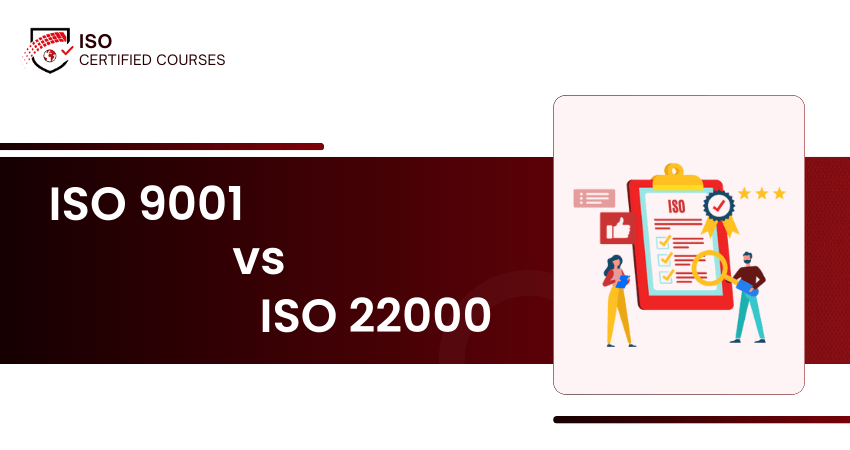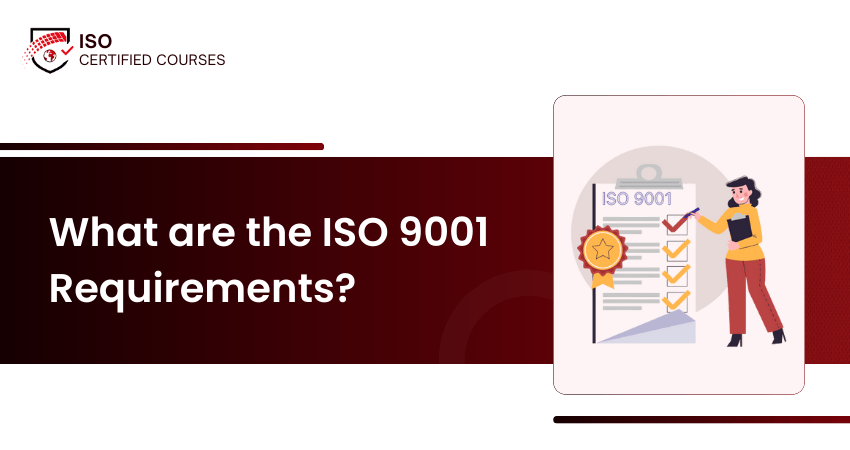What Is ISO 21001 Training Courses ?
Build practical expertise in Educational Organisations Management Systems with ISO 21001 Training. Designed for professionals in academic leadership, quality assurance, and institutional development, this training helps you implement ISO 21001 to improve learning outcomes and institutional performance.
Countries
Locations Worldwide
Years of Expertise
Certified Trainers
How ISO 21001 Supports Key Industries?
Higher Education: Improve institutional governance and learner satisfaction
Vocational Training: Standardise delivery and assess learning outcomes
Corporate Learning: Align training programmes with strategic objectives
Public Education: Ensure accountability, inclusivity, and quality assurance
Browse Our Courses
The Benefits of ISO 21001 Training Courses

40% boost in learner engagement
Trained individuals deliver inclusive and responsive learning environments aligned with ISO 21001 educational principles.

35% greater consistency in teaching processes
Educators apply structured methods to enhance planning, delivery, and assessment across learning programmes.

50% stronger focus on accessibility and equity
Professionals promote fair and inclusive education by following ISO 21001 guidelines for learner needs and diversity.

45% improved educational leadership skills
Participants gain tools for strategic thinking and governance, helping lead institutions more effectively and transparently.

60% increase in stakeholder confidence
Organisations with ISO 21001-trained staff build trust with students, parents, and education partners.

38% faster issue resolution in operations
Institutions benefit from trained teams who monitor performance and drive continuous educational improvement.
Our ISO Training, Your Format
Choose the training format that fits your team’s goals, schedule, and preferred learning style. Our ISO Certified Courses are designed to deliver consistent, high-quality learning, anytime, anywhere.
Classroom Training
Online Instructor-Led Training
Online Self-Paced Training
Discover Your Ideal ISO Learning Path and Build a Standards-driven Future
Proven ROI: Why ISO Standards Matter
67% of organisations implementing Quality Management Systems report significant savings.
24/7 Learning Assistance

Served 10K+ Global Learners
Frequently Asked Questions
What is the main purpose of ISO 21001 Training?
ISO 21001 provides a framework to help educational organisations improve processes, meet learner needs, and ensure quality across services. It supports consistent delivery, continuous improvement, and accountability in all types of learning environments.
Who should take the ISO 21001 Training?
This training is ideal for Education Leaders, Quality Managers, Programme Coordinators, and Institutional Planners. It helps professionals apply ISO 21001 principles to improve learning outcomes, learner satisfaction, and organisational effectiveness.
How does ISO 21001 differ from ISO 9001?
While ISO 9001 focuses on general quality management, ISO 21001 is tailored to educational organisations. It includes learner-focused principles, accessibility, curriculum alignment, and performance evaluation, specifically designed for teaching and learning contexts.
Is ISO 21001 suitable for all education providers?
Yes. ISO 21001 applies to all education providers, including schools, colleges, universities, training centres, and corporate learning departments. It can be used regardless of size, type, or delivery format (in-person or online).
What are the core components of ISO 21001?
Key components include needs analysis, learner engagement, inclusivity, strategic planning, process control, performance measurement, and feedback management. It also promotes continual improvement, stakeholder satisfaction, accountability, and transparency in educational settings.
Explore Our Most Popular Topics
Satisfied Clients From 5k+ Organisations In Different Fields












What Our Clients says about us
The ISO 9001 Internal Auditor Training gave me practical insight into quality systems and how to apply audit techniques effectively. The sessions were clear and approachable, even without prior auditing experience. I now feel confident reviewing documentation, identifying nonconformities, and contributing to continuous improvement. The real-world examples and audit scenarios helped me understand the practical side of compliance and how it fits into our daily operations.
Completing the ISO 45001 Foundation Training provided me with a solid understanding of occupational health and safety standards. The training clarified legal requirements, hazard identification, and risk control measures. I’ve applied this knowledge to improve our incident response protocols and reinforce safety culture within the team. It’s also made me more effective at communicating compliance expectations and supporting ongoing H&S initiatives.
The ISO 22301 Foundation Training helped deepen my knowledge of business continuity planning and risk preparedness. The course content was practical and focused on real implementation challenges, which I could immediately relate to my role. I now play a more active part in reviewing continuity plans and coordinating recovery strategies. The training has improved how we manage operational risks and strengthened our overall resilience.
I registered my team in the ISO 9001 Lead Implementer Training, and the improvements were visible right away. The training gave us the tools to standardise workflows, enhance documentation, and build a consistent quality management system. The team has taken ownership of processes and is now more proactive in identifying areas for improvement. It’s significantly enhanced how we align with best practices and deliver results with greater reliability.
Our team participated in the ISO 45001 Lead Auditor Training to reinforce our internal safety and compliance framework. The training not only improved our auditing skills but also helped us critically assess our workplace health and safety practices. We’ve since implemented stronger controls and improved reporting structures. The shift in awareness and engagement has been very positive, especially in high-risk areas.












































